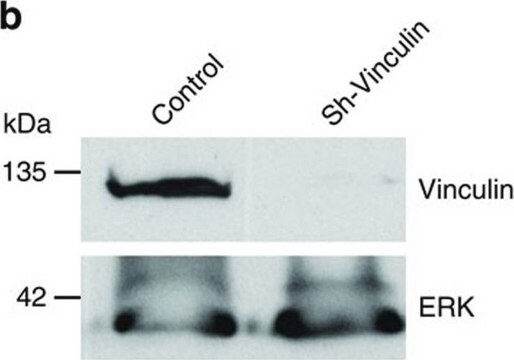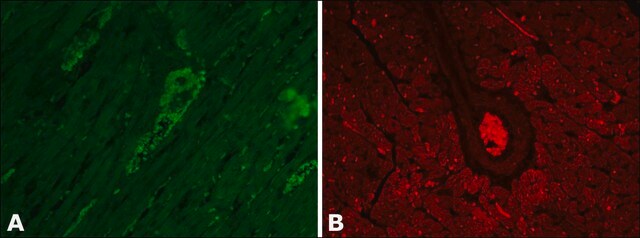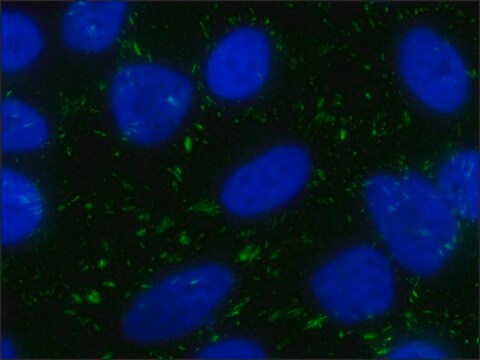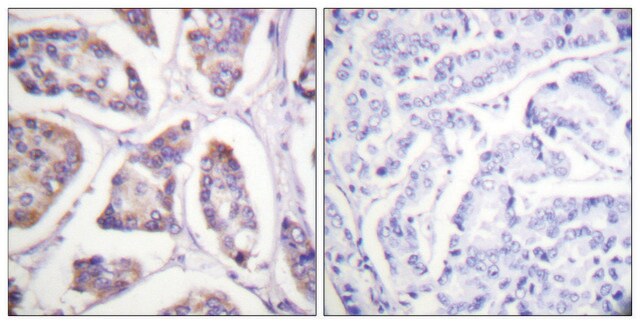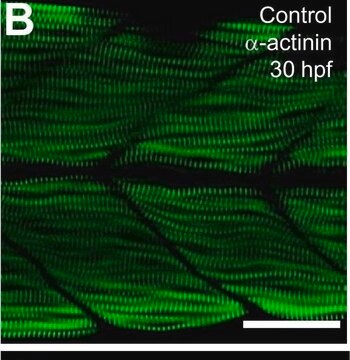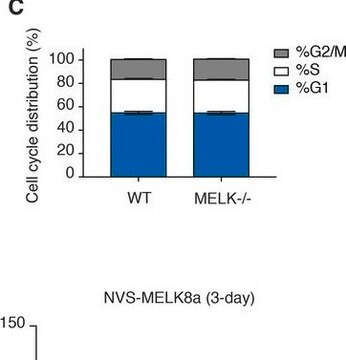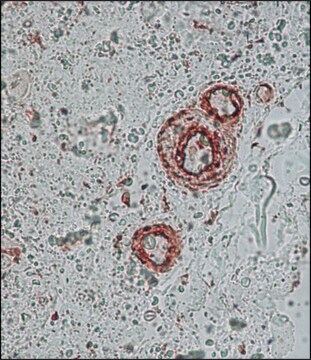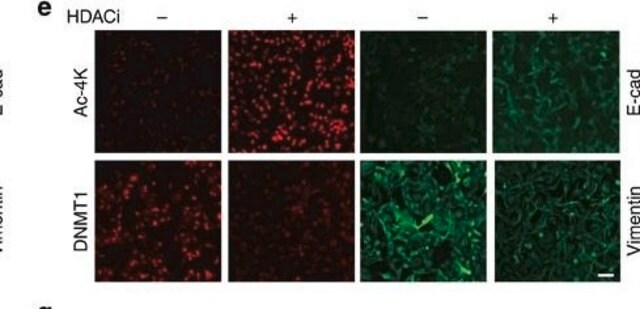V9264
Anti-Vinculin Antibody
mouse monoclonal, hVIN-1
Synonym(s):
Monoclonal Anti-Vinculin antibody produced in mouse
About This Item
Recommended Products
Product Name
Anti-Vinculin antibody, Mouse monoclonal, clone hVIN-1, purified from hybridoma cell culture
biological source
mouse
Quality Level
conjugate
unconjugated
antibody form
purified immunoglobulin
antibody product type
primary antibodies
clone
hVIN-1, monoclonal
form
buffered aqueous solution
mol wt
antigen 116 kDa
species reactivity
frog, chicken, mouse, canine, human, bovine, rat, turkey
packaging
antibody small pack of 25 μL
concentration
~1.0 mg/mL
technique(s)
immunocytochemistry: 5-10 μg/mL using HS-68 human fibroblast cell culture
immunohistochemistry: suitable
indirect ELISA: suitable
western blot: 0.05-0.1 μg/mL using HS-68 total cell extract
isotype
IgG1
UniProt accession no.
application(s)
research pathology
shipped in
dry ice
storage temp.
−20°C
target post-translational modification
unmodified
Gene Information
human ... VCL(7414)
mouse ... Vcl(22330)
rat ... Vcl(305679)
Looking for similar products? Visit Product Comparison Guide
Related Categories
General description
Specificity
Immunogen
Application
- immunoblotting
- immunofluorescence staining
- immunocytochemistry
- immunohistochemistry and enzyme linked immunosorbent assay (ELISA).
Biochem/physiol Actions
Physical form
Disclaimer
Not finding the right product?
Try our Product Selector Tool.
related product
Storage Class Code
12 - Non Combustible Liquids
Flash Point(F)
Not applicable
Flash Point(C)
Not applicable
Personal Protective Equipment
Choose from one of the most recent versions:
Already Own This Product?
Find documentation for the products that you have recently purchased in the Document Library.
Customers Also Viewed
Our team of scientists has experience in all areas of research including Life Science, Material Science, Chemical Synthesis, Chromatography, Analytical and many others.
Contact Technical Service
